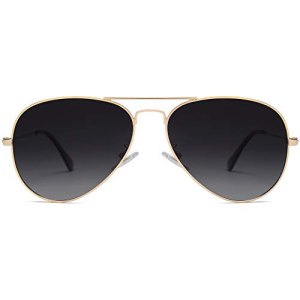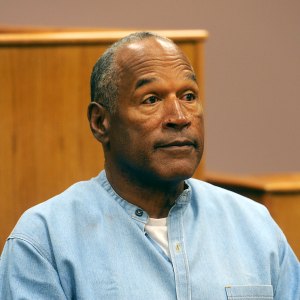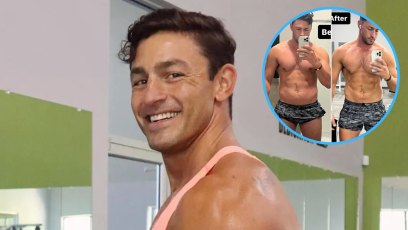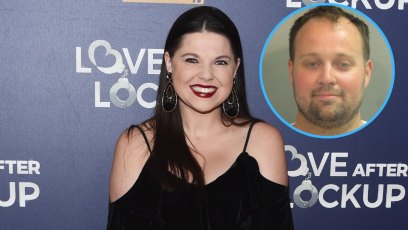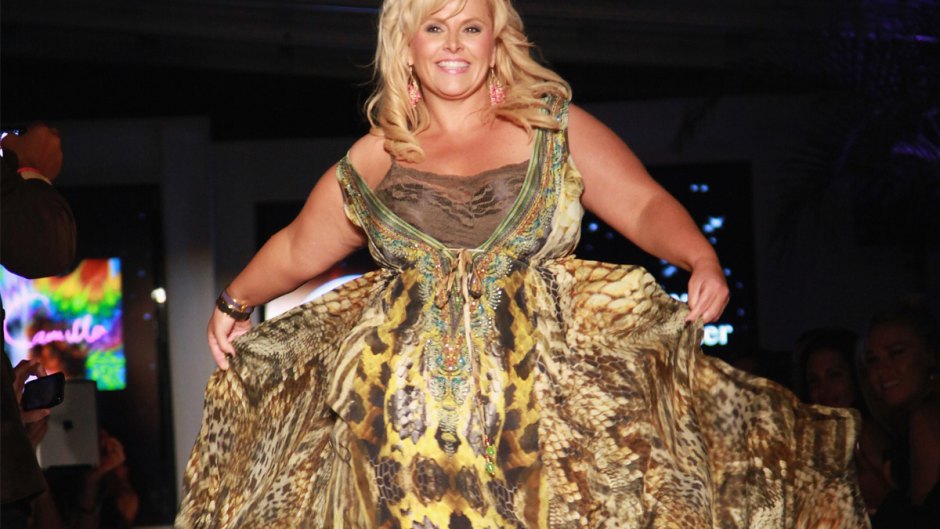
Getty Images
‘The Biggest Loser’ Host Confesses to Gaining Back Weight After Emotionally Binge Eating
At her thinnest, Ajay Rochester — the host of The Biggest Loser in Australia — weighed a trim 130 pounds while she was hosting the program from 2006 to 2009.
Since then, she has struggled with her weight constantly fluctuating and recently confessed she now weighs more than 200 pounds, as emotional binge eating has caused her to pack on the pounds.
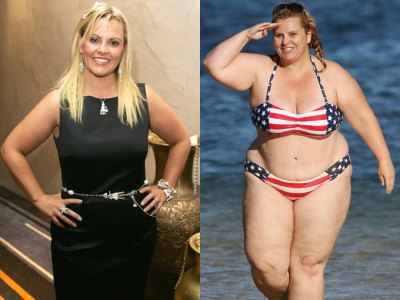
Ajay in 2007 (left) vs. late 2013.
“I have battled an eating disorder my entire life. Some times I have overcome it. Other times, it raged on for months, even years, at a time,” she writes on her personal blog, ‘Finding My Mojo.’
“I’m a classic emotional binge eater and have spent the last six months stress eating over my autistic son’s legal and schooling issues, I am now back over 200 pounds.”
While the 45-year-old admits she needs to lose weight if she ever wants to return to TV, she’s sharing her story as part of her #DropThePlus campaign, which hopes to drop the label of “plus-size” — and eliminate the stigma that is associated with models who don’t necessarily fit into the industry’s standard.

Ajay says she has experienced discrimination at every size — which is why she feels the need for the labeling and hatred to end.
“I have been every size imaginable…if you looked in my closet, you would think that five different women live in my house due to the different clothing ranges,” she writes. “I had a fashion designer say to my face during an interview (when I was 130 pounds) that in model terms, I was a size 500.”

She goes on to speak out against the show she hosted for several years, saying ‘The Biggest Loser’ wasn’t the empowering program she thought it was — and instead producers cared more about contestants looking thin than being healthy or projecting a positive image.
And now she’s on a mission to promote equality and a healthy body image for people of all sizes.

“The whole debate about #DropThePlus is so that in the future we WILL see all sizes represented, talent will be seen for what it is, not what size it fits and people like me will not spend a life being hated or shamed for never fitting the cookie-cutter mold no matter what size we are,” she says.
“There are the haters online who either say I am too fat or not fat enough to have an opinion on this debate. That is absurd and hateful. The longer we segregate our sizes the more we reinforce the idea that one size is better than the other.”
Have a tip? Send it to us! Email In Touch at contact@intouchweekly.com.





